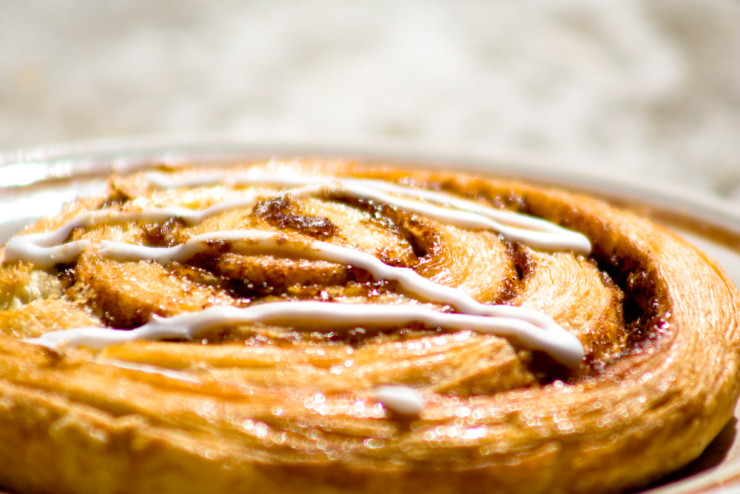By Hand is a monthly prompt that focuses on freeing our words by using our hands. This month, we’re exploring cooking and baking.
_______________
If you’ve followed my By Hand journey, you may have noticed that I have not yet mentioned an obvious hand-intensive activity: cooking and baking. I have not yet described chopping veggies for salads or soups. I have not talked about baking bread. That’s because my relationship with cooking is fraught.
[Insert imaginary 500-page essay regarding said fraughtness.]
Since we moved last year I have been using my hands in the kitchen more often. I dusted off my best pumpkin muffin recipe. Then in January my daughter shared a vegan cookbook. I’m currently helping my dad move, and he gave me some of my mom’s old kitchenware. I want to feel it in my hands as I try new recipes.
When I spoke with Callie Feyen about her book The Teacher Diaries: Romeo & Juliet, she agreed that cooking can be useful when writing stalls.
“I like to bake, I find that is very helpful. I like to do things when I can’t write,” Feyen said. “People don’t want to do that sometimes because they’re afraid they’ll forget the idea, but I don’t forget. I think I read somewhere that after a certain amount of time of activity your brain starts to free up and stress starts to leave you so you think more creatively.”
This month I’ve been in and out of kitchens while helping my dad move. When I’ve used my hands to chop bell peppers or break long strands of pasta or measure ingredients for baked oatmeal, the process has steadied me. While I’m in the kitchen, my mind is free to roam, and when I sit down again to write, the words find me a little more easily.
Prompt Guidelines and Options
1. Everything about cooking is tactile, from examining mangoes at the grocery store to peeling away their skin to cutting them into chunks for a smoothie to washing the blender. Pay attention to your hands’ tasks as you go through the process of cooking, from start to finish.
2. Follow Callie Feyen’s advice and bake something —bread or muffins or cookies or cake or pie. Don’t think about writing, just think about your hands in the mix or the dough, making something delicious. Then read Grace Paley’s poem The Poet’s Occasional Alternative.
3. After your kitchen is restored to cleanliness, keep a notepad and pencil nearby in case inspiration strikes, or tap your unexpectedly brilliant question or idea into your phone.
4. Because cooking is cyclical in nature — a recipe is followed; repeat — it lends itself to sestina. If you’ve avoided this form, try reading this helpful post, then cooking, then writing.
That’s it! We look forward to what you create when you do it By Hand.
Photo by Matt Barber, Creative Commons, Flickr. Post by Megan Willome, author of The Joy of Poetry.
Browse more By Hand
- Perspective: The Two, The Only: Calvin and Hobbes - December 16, 2022
- Children’s Book Club: A Very Haunted Christmas - December 9, 2022
- By Heart: ‘The night is darkening round me’ by Emily Brontë - December 2, 2022

Donna Falcone says
I remember
the wooden spoon in my drawer
and how I love to stir with it whenever I get the chance
even if it’s just jello…
and I didn’t bake cookies this Christmas,
but how I found a way to use my mom’s rolling pin
even though it was just for crushing peppermint candies…
and how I made Saltine Christmas Bark
from my mom’s recipe card, penciled in her own hand,
even though it was just a photo in a text
and she’d written YUM! to remind herself
this one is a keeper.
Megan Willome says
Donna, this poem is both tactile and tasty, and it’s full of emotion. Handwritten recipes, using a mother’s kitchen tool–it’s all so visceral. Thank you!
Donna Falcone says
Megan…. your line ” he gave me some of my mom’s old kitchenware. I want to feel it in my hands as I try new recipes” spoke straight to my heart. This week is a week of anniversary dates and so it is all right there just under my skin. Thank you for this great prompt.
Megan Willome says
I get that, Donna. Glad the prompt found you at the right time.